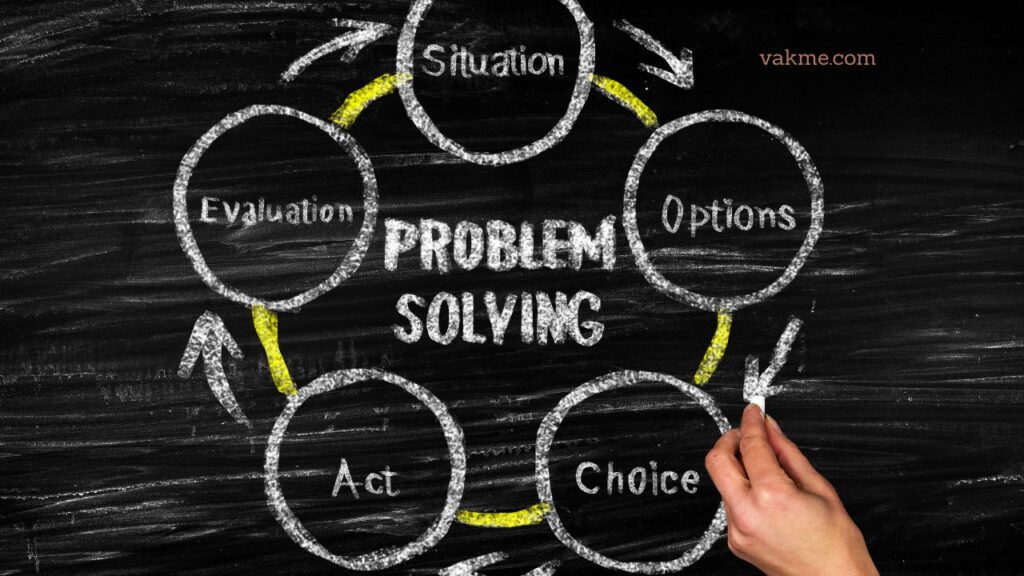Effective teamwork is the cornerstone of success in any organization. Collaborative efforts, synergy, and mutual support among team members lead to increased productivity, innovation, and overall satisfaction. In this article, we’ll delve into 11 essential teamwork skills that individuals can master to foster a positive and productive team environment.
1. Communication Skills
Effective communication is the foundation of successful teamwork. Mastering skills such as active listening, clear articulation, and non-verbal communication helps team members understand each other’s perspectives, share ideas openly, and resolve conflicts constructively.
2. Collaboration and Cooperation
Embrace a collaborative mindset by valuing the contributions of each team member and working together towards common goals. Foster a culture of cooperation, mutual respect, and inclusivity to harness the collective strength of the team.

3. Problem-Solving Abilities
Develop strong problem-solving abilities to address challenges and obstacles that arise during team projects. Encourage creative thinking, brainstorming sessions, and collaborative problem-solving approaches to find innovative solutions.
4. Adaptability and Flexibility
Cultivate adaptability and flexibility to thrive in dynamic work environments and navigate changes effectively. Embrace new ideas, adapt to evolving circumstances, and be open to feedback and constructive criticism.
5. Conflict Resolution Skills
Mastering conflict resolution skills is crucial for maintaining a harmonious team environment. Learn to identify underlying issues, listen to different perspectives, find common ground, and facilitate constructive dialogue to resolve conflicts amicably.

6. Emotional Intelligence
Develop emotional intelligence by understanding and managing your emotions and those of your team members. Empathy, self-awareness, and the ability to regulate emotions contribute to stronger relationships, trust, and collaboration within the team.
7. Leadership and Followership
Effective teamwork involves both leadership and followership skills. Learn to lead by example, delegate tasks, inspire others, and provide guidance when needed. Similarly, embrace followership by supporting team goals, taking initiative, and collaborating with colleagues.
8. Time Management and Organization
Master time management and organizational skills to ensure efficient workflow and meet deadlines effectively. Prioritize tasks, set realistic goals, utilize productivity tools, and communicate timelines and expectations clearly with team members.
9. Constructive Feedback and Recognition
Provide and receive constructive feedback to enhance performance, identify areas for improvement, and celebrate achievements. Acknowledge and appreciate the contributions of team members through recognition and encouragement.

10. Team Building and Bonding
Foster team building and bonding activities to strengthen relationships, build trust, and enhance collaboration. Organize team-building exercises, social events, and informal gatherings to promote camaraderie and unity among team members.
11. Continuous Learning and Development
Embrace a growth mindset and prioritize continuous learning and development. Stay updated with industry trends, acquire new skills, and encourage a culture of knowledge sharing and lifelong learning within the team.
Conclusion:
Mastering essential teamwork skills is key to building a high-performing and cohesive team that achieves outstanding results. By focusing on communication, collaboration, problem-solving, adaptability, and other vital skills mentioned in this article, individuals can contribute positively to team success and create a supportive work environment where everyone thrives. Remember, we are better together when we leverage our strengths, support each other’s growth, and work towards common goals with enthusiasm and dedication.











